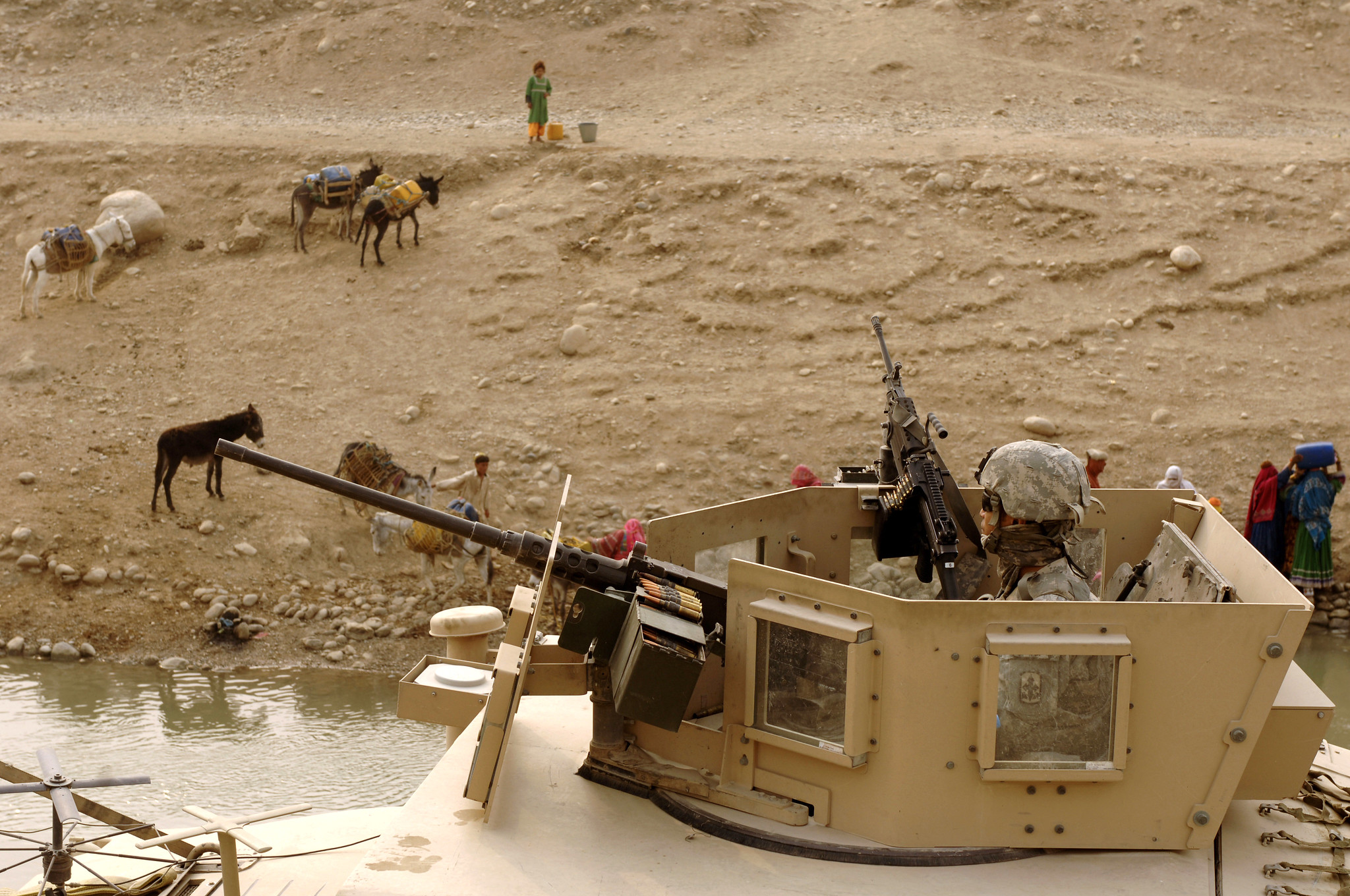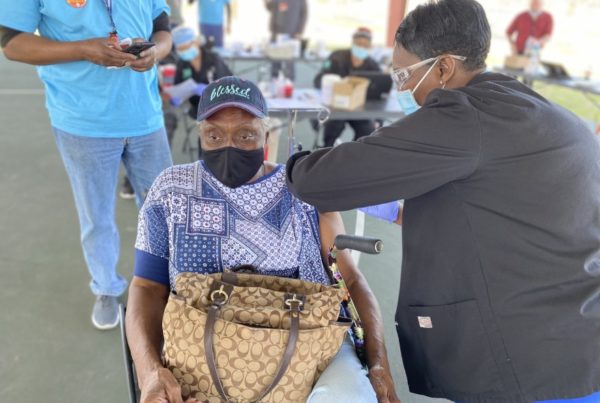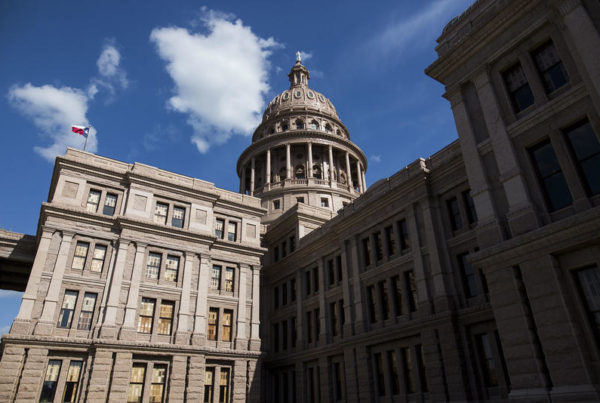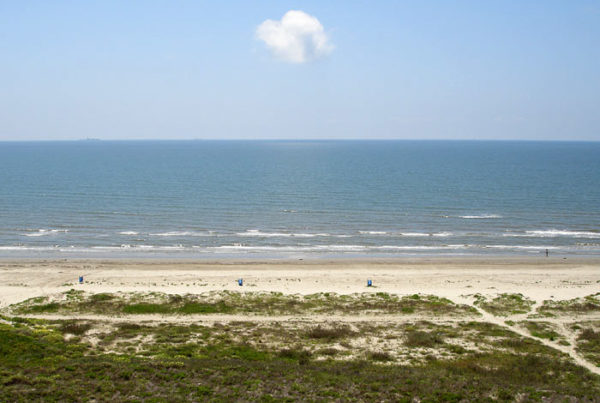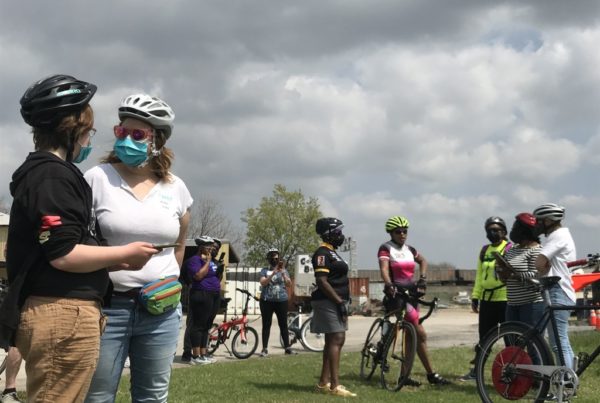On Wednesday, President Joe Biden announced that all remaining American troops would leave Afghanistan by Sept. 11 of this year. It has been almost 20 yens since U.S. forces were first deployed there in the wake of the 9/11 terror attacks in 2001.
Jeremy Suri, a professor at the University of Texas at Austin’s Department of History and the LBJ School of Public Affairs, says despite some of the risks, he feels relieved about the troop drawdown.
“It seems to be going on for year after year without much to be accomplished,” Suri told Texas Standard. “The Taliban remains the most powerful actor on the ground, and it doesn’t appear as if the continued American presence is building the kind of functioning society we’d like to see in place.”
In 2001, then-President George W. Bush sent troops to Afghanistan in an effort to quash al-Qaida – the Muslin militant group founded by Osama Bin Laden that carried out the Sept. 11 attacks on New York and Washington D.C. Bin Laden was killed by U.S. forces in Pakistan in 2011. Since then, Suri says the United States has kept sending more people to fight in the region, and to prop up the Afghan government with little success. Though the Taliban were ousted from power in 2001, they’re more entrenched there now than ever.
And that’s the big concern, he says. Defense and intelligence experts tell him that the Taliban and other forces with values and goals counter to those of the United States will surely fill the power vacuum left by the United States. In the past, the Taliban were extremely oppressive toward women, in particular, though there are signs some of the culture has changed over the last 20 years.
Suri says the best way for America to combat the Taliban is to support grassroots activists in Afghanistan pushing back against them and other extremist groups.
“We need to see new political forces emerging within the country itself, not simply those who we have been supporting [the United States], but new forces that are committed to rebuilding Afghanistan and rebuilding it in ways that don’t recreate the horrors of the Taliban, but aren’t necessarily doing the things that our allies have done that have had mixed success,” Suri said. .
He also says the United States needs to put pressure on Pakistan and other neighboring countries to limit the Taliban’s power.
As for any future threats from al-Qaida, Suri says the group is far less powerful than it was 20 years ago. And if that changes, the United States could bring back forces on a small scale, if necessary.
“That’s difficult to do, but that puts us in a much better place than where we were 20 years ago,” he said.


